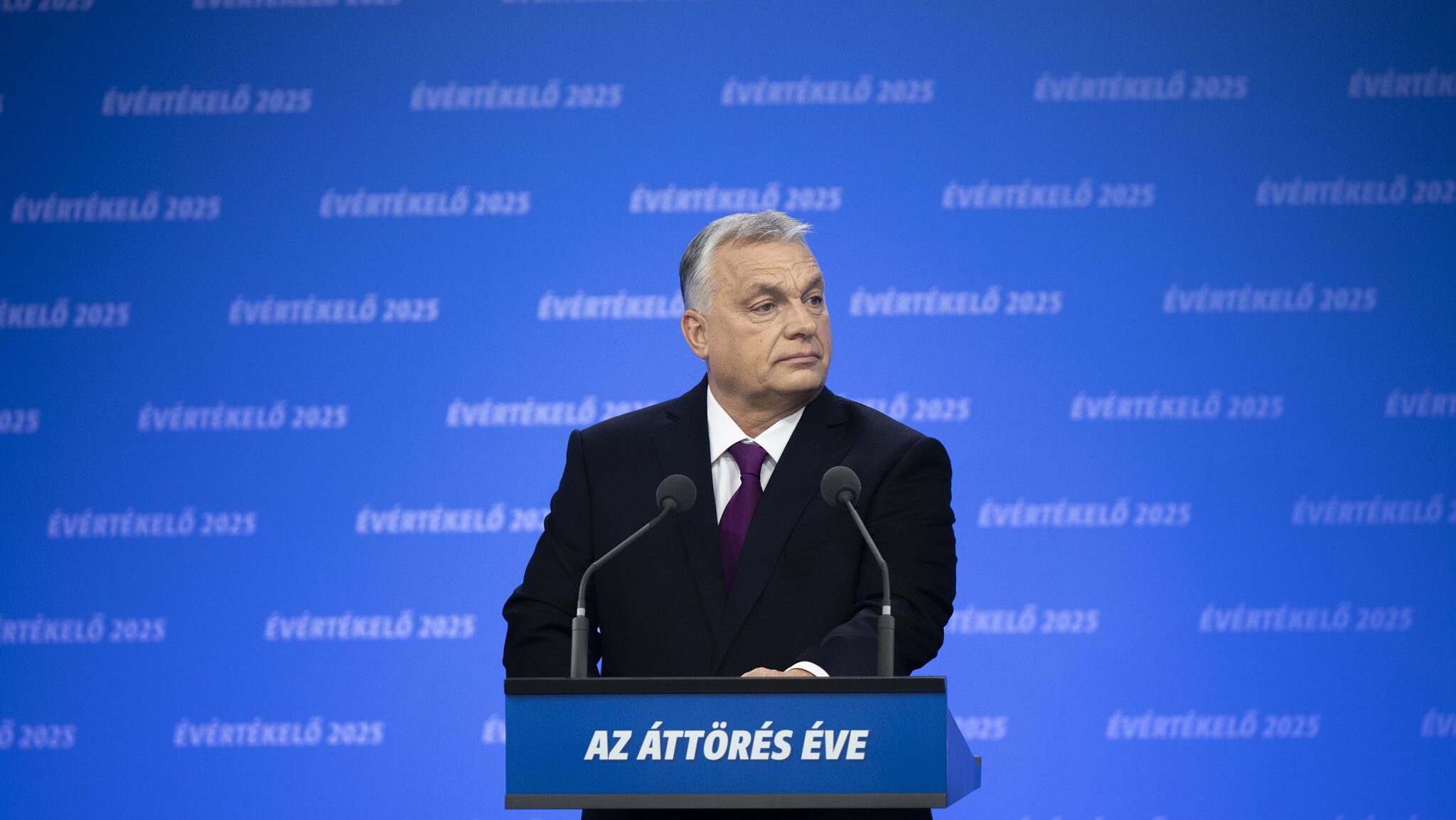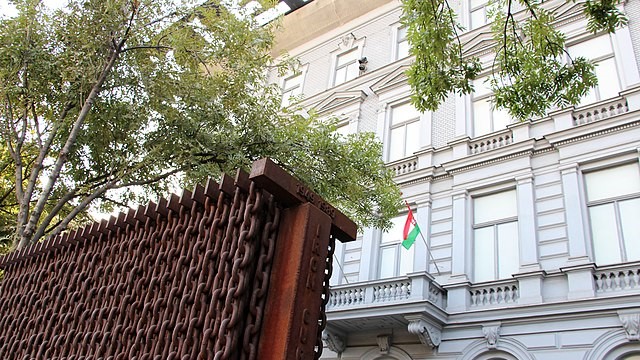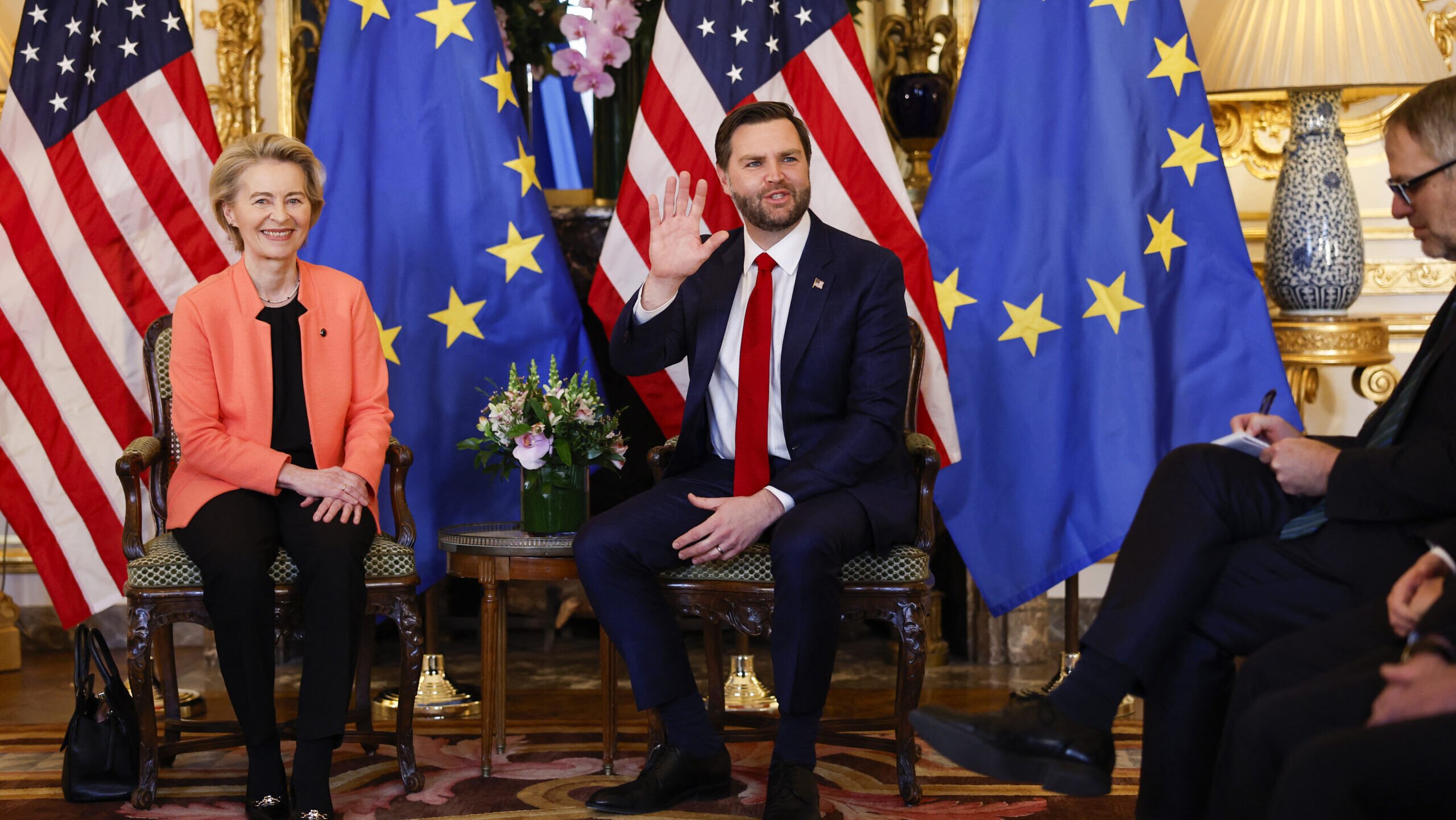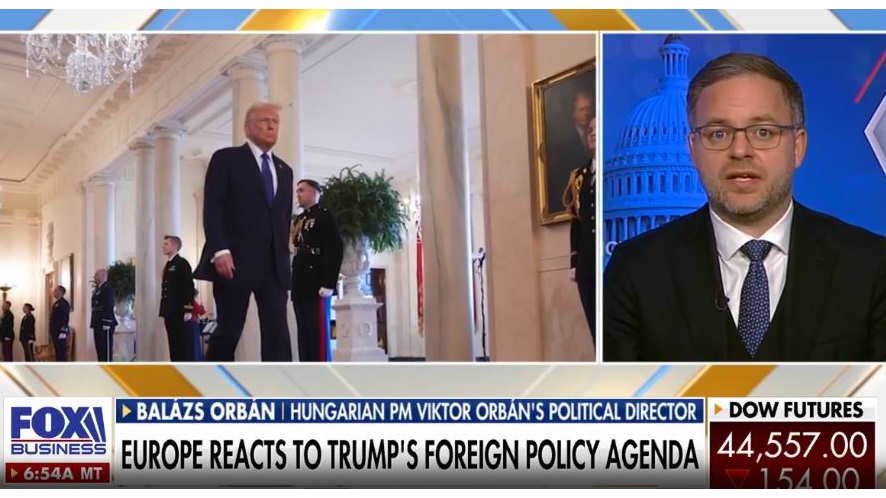
‘In the Carpathian Basin people often feel more Hungarian’ — A Conversation with Györgyi Gyulassy
‘At that time, there was no Hungarian scouting in San Francisco, but when the idea of founding a local scout troop came up a few years later, I joined them as a patrol leader up front, even though I had never been a scout before. I thus became a founding member of the local troops, together with Tamás Csoboth and a few others.’









